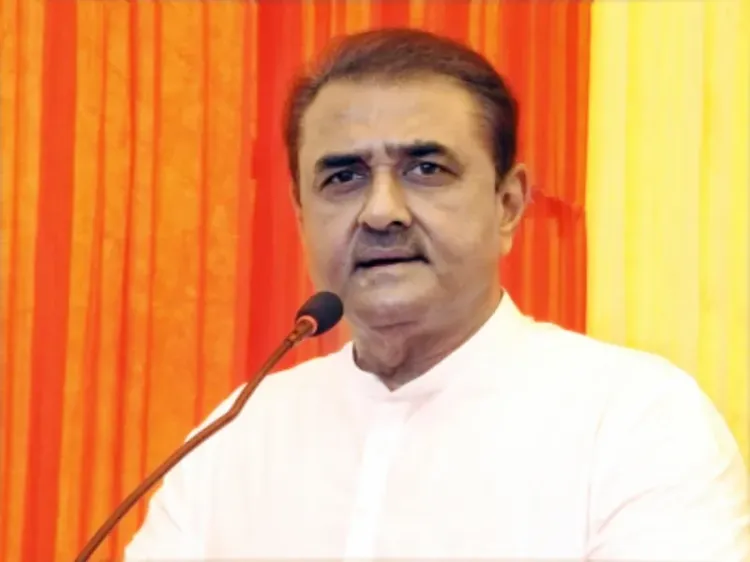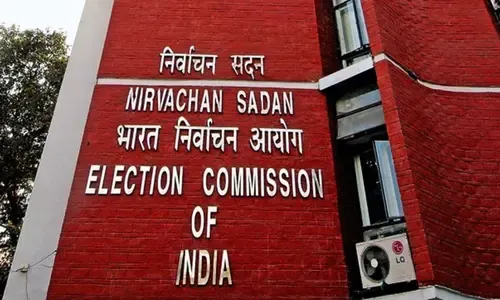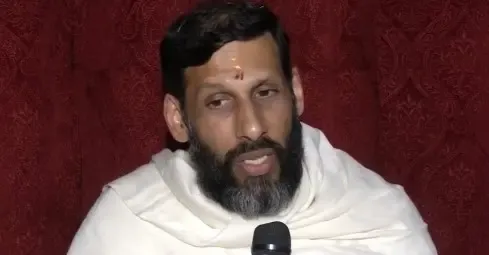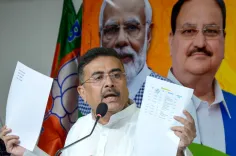What Should Tatas Do After the Dreamliner Crash?

Synopsis
Key Takeaways
- Immediate management improvement is essential for Air India.
- India's aviation safety standards are robust.
- MRO facilities in India are underutilized.
- Investigations will involve international agencies.
- Passenger safety must remain a priority.
Mumbai, June 13 (NationPress) Following the crash of Air India’s Boeing 787-8 Dreamliner in Ahmedabad shortly after its takeoff, former Union civil aviation minister Praful Patel emphasized the necessity for the Tata Group to refine its management of the airline as a matter of urgency.
“After three and a half years since the Tatas took over Air India, there is a need to enhance various elements of operating a world-class airline, particularly in maintenance,” he remarked during a media interaction.
Patel acknowledged that while any incident may cause a temporary setback, the Indian aviation sector is generally well-managed.
“Safety protocols and operating procedures are firmly established in the growth of India’s aviation industry,” he added.
“I believe passengers should not feel intimidated by air travel. This is due to the comprehensive safety standards in India, which the DGCA consistently updates to align with international benchmarks,” he explained.
When questioned about the Maintenance, Repair, and Operations (MRO) capabilities in India, the former minister highlighted: “We possess a world-class infrastructure, yet it is puzzling why certain aircraft are sent abroad for maintenance. Boeing’s MRO facility in Nagpur boasts a commendable track record and should be utilized to its fullest potential. Unfortunately, it remains underutilized.”
Regarding the potential causes of the crash, Patel indicated there was a minor chance of an accident occurring due to a bird strike.
“Even if one of the dual engines had failed, the aircraft is designed to take off safely. Observing the footage, it appears there were no issues during takeoff; otherwise, the pilot would have opted against it,” he stated.
Patel mentioned that during his time in office, legislation was passed for the creation of the Aircraft Accident Investigation Bureau, which will conduct a comprehensive investigation, including data retrieval from the black box and social media videos. Although the data will be collected in a few months, it will take additional time for the government to release a detailed report identifying the crash's precise causes.
He expressed confidence in the Bureau’s operations, even as foreign investigative teams, including members from Boeing and the Federal Aviation Administration, are expected to participate in the inquiry.










